On January 13, the water of two rivers in Banaybanay town turned orange after heavy rains that lasted for 12 hours dumped 88.1 millimeters of rainfall on Davao Oriental in the southern Philippines.
The discoloration and siltation along the two rivers were attributed to the mining activity of Riverbend Consolidated Mining Corp.
The country’s environment department said that the heavy and continuous rain “pushed overburden materials that contributed to the overflowing of the silt pond” into the rivers.
While waiting for the results of the assessment conducted by authorities to determine the extent of the damage and the contamination that it caused to the rivers, we can just pray that what happened in Marinduque province in 1993 will not happen in Davao Oriental.
On December 6, 1993, the Maguila-guila siltation dam of Marcopper Mining Corporation in Mogpog town in Marinduque collapsed and flooded the nearby communities with toxic residues of heavy metals and silt.
Two children were killed and at least 70 families in the riverside community were affected by mud floods, which wiped out houses, killed livestock, destroyed crops, and contaminated agricultural lands.
The human-induced tragedy forced many residents to leave their lands and search safer grounds and new jobs in other places.
The damage caused by the Marcopper spill in Marinduque province is so irreparable that even the incident that happened almost three decades ago can still be felt now by the local communities.
In 2016, I met Gorgonio “Uncle Ugor” Licon, one of the affected residents, who lost his source of livelihood after all his fruit-bearing trees and root crops were damaged and his farm animals died.
He attempted to plant various crops but the contaminated soil has already become hostile to plants, animals, and the residents.
“What I want Marcopper to do is to compensate us for all the sustained damages, as well as to rehabilitate the once-pristine river of Mogpog. So that despite our traumatic experience, we can now slowly pick up the shattered pieces of our lives,” Licon said.
Like many environmental advocates, Licon was elated and surprised when President Rodrigo Duterte warned mining proponents over environmental destruction during his State of the Nation Address in 2017.
“I am warning all mining operations and contractors to refrain from the unbridled and irresponsible destruction of our watersheds, forests, and aquatic resources,” said Duterte.
The president accused mining proponents of neglecting their responsibility to protect and preserve the environment.
Duterte’s statements gathered mixed skeptical reactions both from the mining sector and the environmental advocates.
Some environmental defenders were optimistic that the Duterte administration will change the decades-old problem with mining and its impacts to local communities and the environment.
But nearing the end of his term, Duterte made a 180-degree turn. He lifted the ban on open-pit mining and the ban on new mining agreements.
Indigenous communities and environmental groups described Duterte’s moves as “cruel” and an insult to the people who have been suffering because of human-induced disasters such as the Marcopper tragedy.
The grave disregard of this government toward the welfare of poor communities and the environment will result in many more disasters, especially now that the climate crisis is getting worse.
Arjay “Jing” Barrios is from a pristine island in Romblon and a graduate of bachelor of arts in political science, and currently taking up law at the Arellano University School of Law. He is passionate about issues concerning Indigenous Peoples’ rights vis-a-vis climate emergency and food sovereignty. His dedication to work brought him to road-less traveled communities to do paralegal and human rights training.

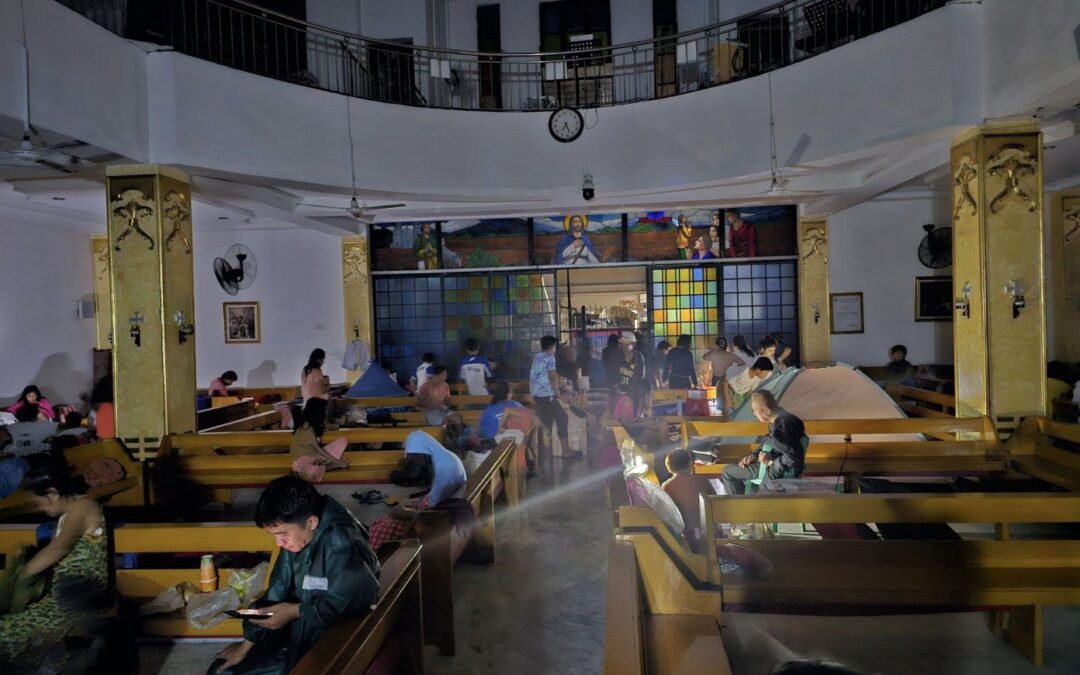
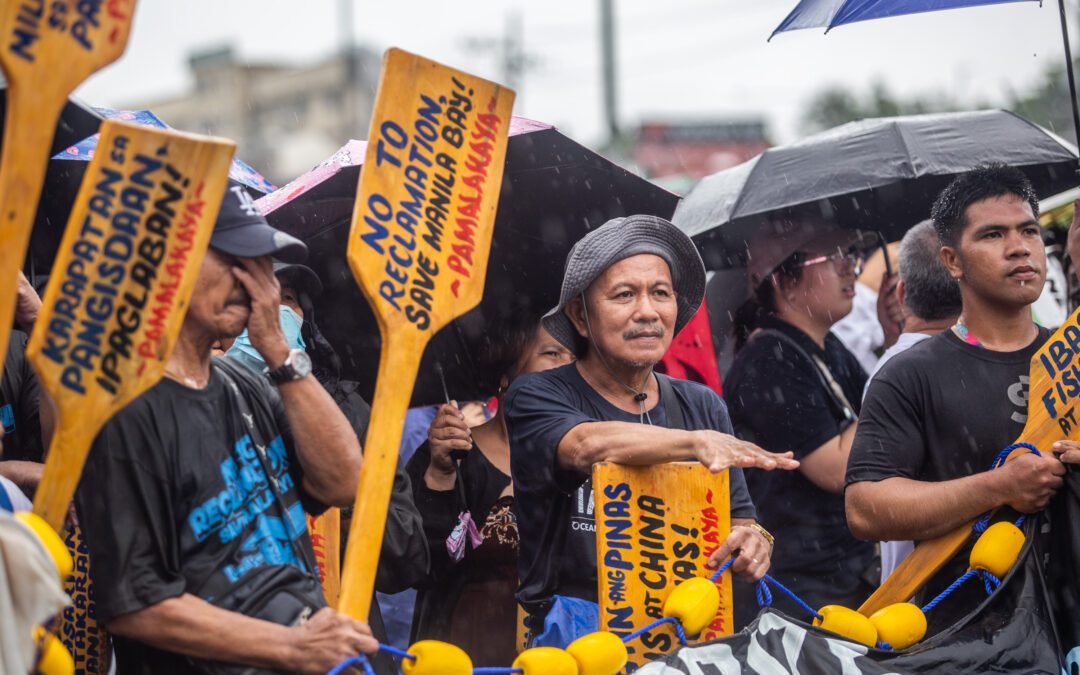
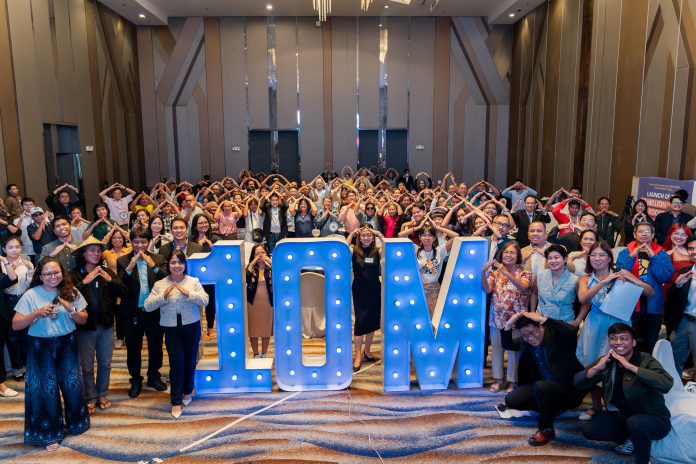
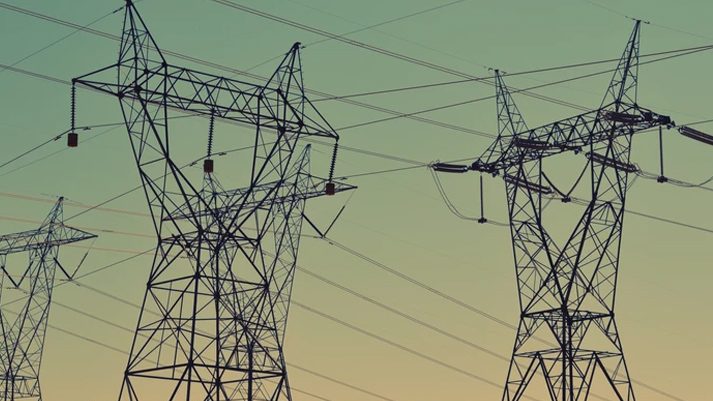
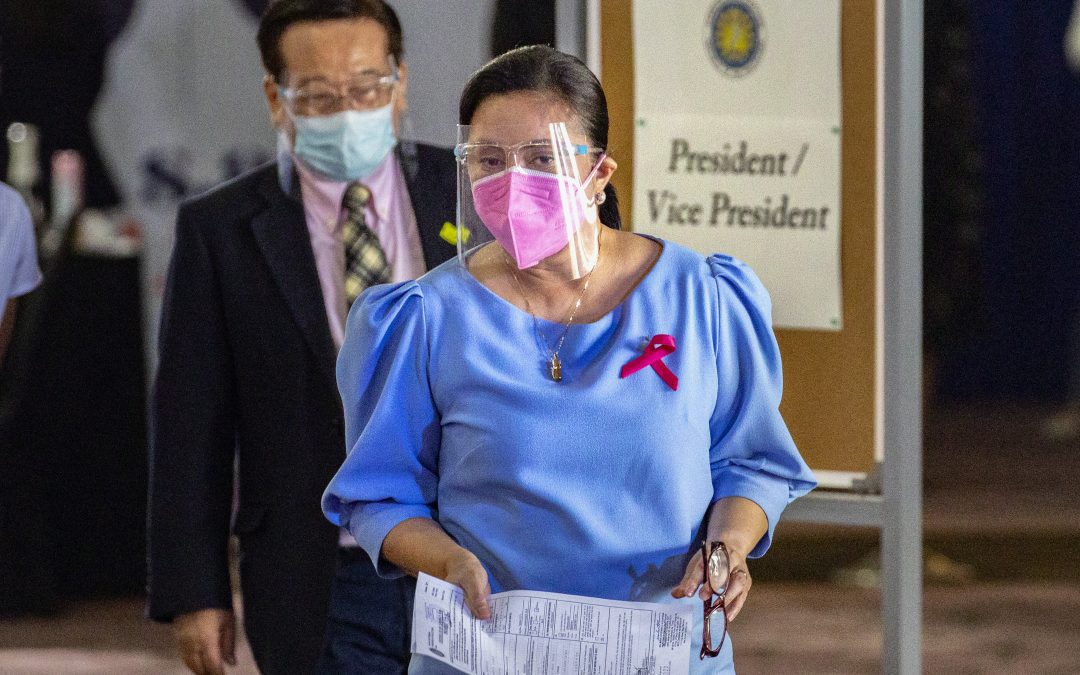
0 Comments